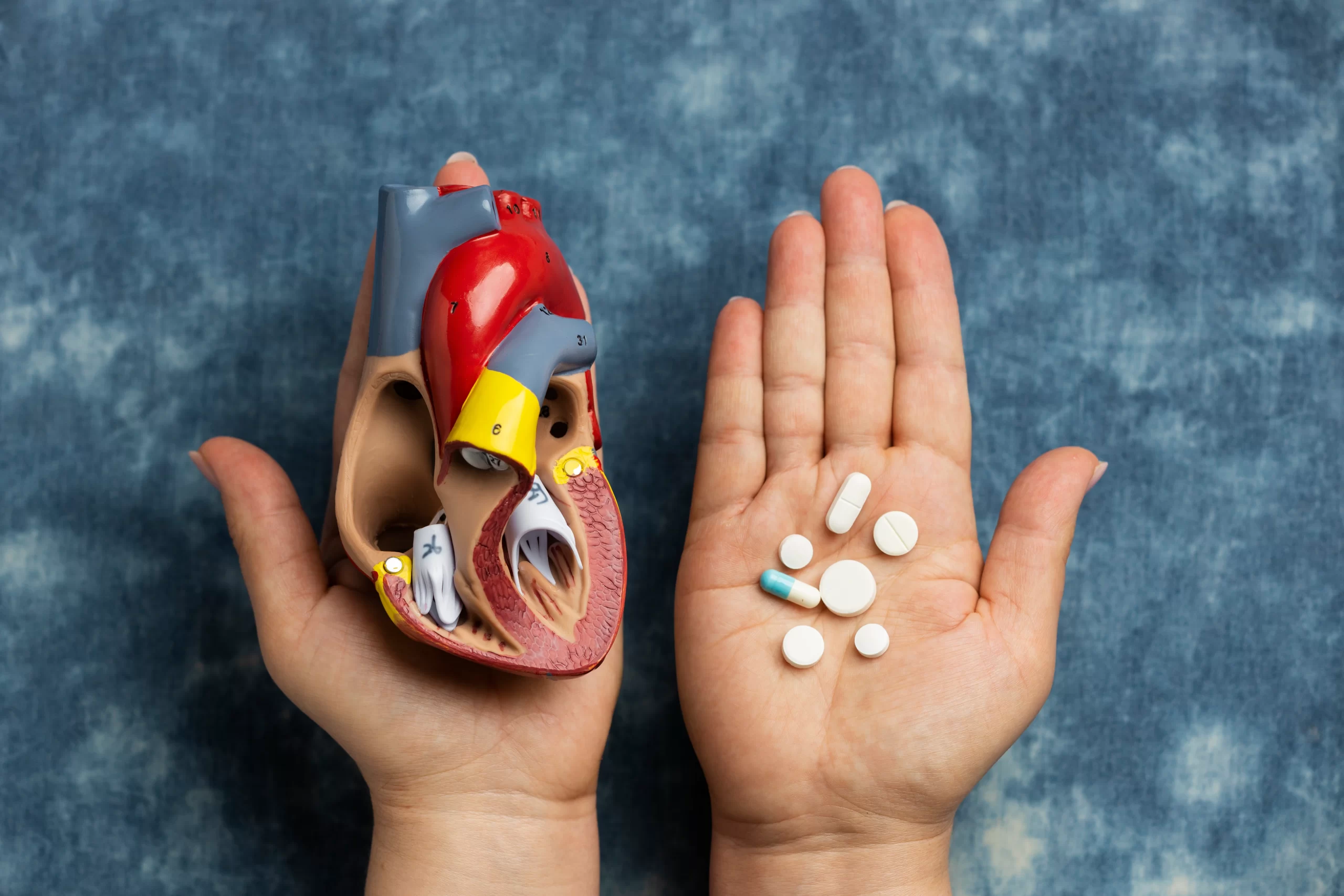Cholesterol plays a vital role in various bodily functions, but when levels become sticky and high, it poses a significant risk to heart health. Managing cholesterol is a key aspect of maintaining cardiovascular well-being. In this article, we’ll explore six simple strategies that can help you lower sticky cholesterol and promote a healthier heart.
Eat Heart-Healthy Foods
Start by adopting a diet rich in heart-healthy foods. Incorporate fruits, vegetables, whole grains, and lean proteins into your meals. Choose foods that are high in soluble fiber, as it helps reduce low-density lipoprotein (LDL) cholesterol—the sticky variety associated with heart disease. Foods like oats, beans, nuts, and fruits are excellent choices to include in your daily diet.
Choose Healthy Fats
Not all fats are created equal. Opt for sources of unsaturated fats, such as those found in olive oil, avocados, and fatty fish. These fats can help raise high-density lipoprotein (HDL) cholesterol, which acts as a scavenger, removing LDL cholesterol from the bloodstream. Limit the intake of saturated and trans fats commonly found in processed foods, as they contribute to elevated levels of sticky cholesterol.
Stay Active
Regular physical activity is a powerful tool in managing cholesterol levels. Exercise helps raise HDL cholesterol while lowering LDL cholesterol. Aim for at least 150 minutes of moderate-intensity aerobic activity or 75 minutes of vigorous exercise per week. Incorporate activities like brisk walking, jogging, swimming, or cycling into your routine to keep your heart in top shape.
Maintain a Healthy Weight
Achieving and maintaining a healthy weight is instrumental in cholesterol management. Excess body weight, especially around the abdominal area, is associated with higher levels of sticky cholesterol. Adopting a balanced diet and engaging in regular physical activity can contribute to weight loss and weight maintenance, positively impacting your cholesterol profile.
Quit Smoking
If you smoke, quitting is one of the best things you can do for your heart. Smoking damages blood vessels and lowers HDL cholesterol, making it easier for sticky cholesterol to build up in arteries. By quitting smoking, you not only improve your cholesterol levels but also significantly reduce the risk of heart disease and other cardiovascular complications.
Manage Stress
Chronic stress can contribute to unhealthy lifestyle habits, such as poor dietary choices and lack of exercise, which impact cholesterol levels. Incorporate stress-reducing activities into your daily routine, such as mindfulness meditation, yoga, or deep-breathing exercises. These practices can help manage stress and promote a healthier heart.
Conclusion
Adopting these six strategies can contribute to a comprehensive approach to cholesterol management and overall heart health. Remember that lifestyle changes take time, so be patient and consistent in your efforts. By making these adjustments to your daily routine, you can lower sticky cholesterol, reduce the risk of heart disease, and promote a resilient cardiovascular system for a healthier, happier life.
FAQs on Managing Sticky Cholesterol
Q: How quickly can I expect to see results by implementing these strategies?
A: The timeline for noticeable results varies from person to person. Consistency in adopting these strategies is key, and you may start observing positive changes in cholesterol levels over a few weeks to months.
Q: Are there specific foods that actively help lower sticky cholesterol?
A: Yes, certain foods are known to have cholesterol-lowering properties. Foods high in soluble fiber, like oats, legumes, and fruits, can contribute to reducing LDL cholesterol. Incorporating these into your diet can be beneficial.
Q: Is all cholesterol bad for the heart, or are there beneficial types?
A: Cholesterol is essential for bodily functions, and not all types are harmful. High-density lipoprotein (HDL) cholesterol is considered beneficial as it helps remove excess cholesterol from the bloodstream, acting as a protective factor for heart health.
Q: Can weight loss alone significantly impact cholesterol levels?
A: Yes, maintaining a healthy weight through a balanced diet and regular exercise can have a substantial impact on cholesterol levels. Weight loss, especially around the abdominal area, is associated with improved cholesterol profiles.
To Get more such updates and crucial information stay in touch with The Digital Today.


